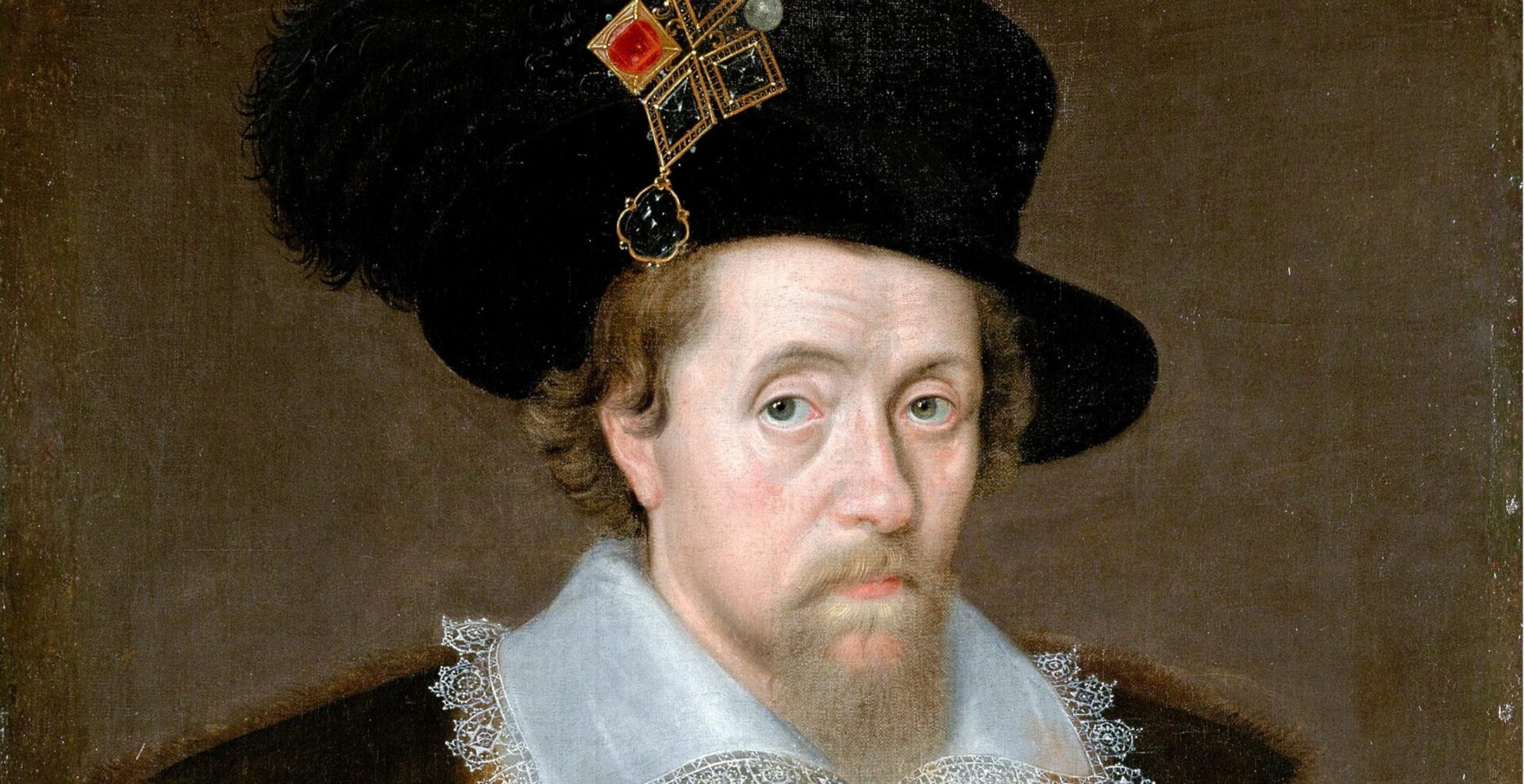In the troubled reign of James I there were three major points of contention—money, foreign policy, and religion. In all three issues the Crown and its opposition each tried to direct constitutional development in its own favor. In raising money James sought to make the most of revenues that did not require a parliamentary grant; Parliament sought to make the most of its own control over the purse strings by insisting on the principle that it had to approve any new revenues.
When James levied an import duty without a parliamentary grant, an importer of dried currants refused to pay; the case was decided in favor of the Crown by the Court of Exchequer, and the decision attracted much attention because the judges held the king’s powers in general to be absolute. Then a royal appeal for a general “benevolence”—a euphemism for a contribution exacted from an individual—was resisted with the support of the chief justice, Sir Edward Coke (1552– 1634). James summarily dismissed Coke from office for asserting the independence of the judiciary and thereby drew attention once again to his broad use of the royal prerogative.
The Tudors had regarded foreign affairs as entirely a matter for the Crown. The delicate problem of a marriage for Elizabeth I, for instance, had concerned her parliaments and the public; but Parliament made no attempt to dictate a marriage, and Elizabeth was careful not to offend her subjects in her own tentative negotiations. On the other hand, when James I openly sought a princess of hated Spain as a wife for his son Charles, the Commons in 1621 petitioned publicly against the Spanish marriage.
When James rebuked them for meddling, they drew up the Great Protestation, the first of the major documents of the English Revolution, in which they used what they claimed were the historic privileges of Parliament to assert what was in fact a new claim for parliamentary control of foreign affairs. James responded by dissolving Parliament and imprisoning four of its leaders. The Spanish marriage fell through, but the betrothal of Charles in 1624 to the French princess Henrietta Maria, sister of Louis XIII, who was also Catholic, was hardly more popular with the English people.
Though refusing to permit public services by Catholics and Puritans, Elizabeth had allowed much variety of practice within the Anglican church. James summed up his policy in the phrase “no bishop, no king”—by which he meant that the enforcement of the bishops’ authority in religion was essential to the maintenance of royal power. James at once took steps against what he held to be Puritan nonconformity.
He called a conference of Anglican bishops and leading Puritans at Hampton Court in 1604, at which he presided in person and used the full force of his scholarship against the Puritans. After the conference dissolved with no real meeting of minds, royal policy continued to favor the High Church, anti-Puritan party.
Despite James’s failure to achieve anything like religious agreement among his subjects, his reign is a landmark in the history of Christianity among English- speaking peoples, for in 1611, after seven years’ labor, a committee of forty-seven ministers authorized by him completed the English translation of the Bible that is still the most widely used. The King James version was a masterpiece of Elizabethan prose, perhaps the most remarkable literary achievement a committee has ever made.

